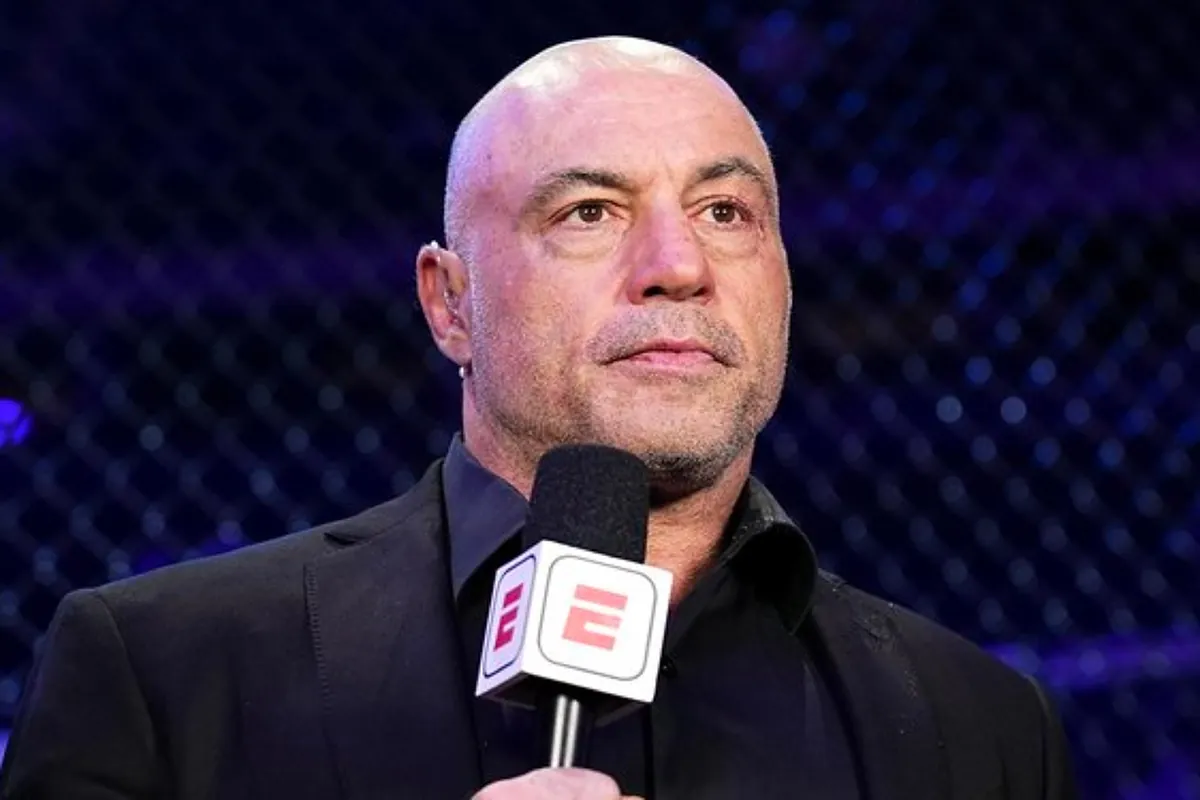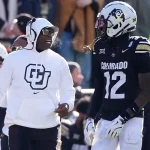

Joe Rogan, the influential and often polarizing host of The Joe Rogan Experience, has ignited a firestorm of criticism after celebrating the resurgence of the slur “r-ded” during a recent podcast episode. The UFC announcer referred to the word’s return as a “victory” and credited podcasts for its revival, despite its well-documented history as a derogatory term targeting individuals with intellectual disabilities.
The term, originally a medical classification, was officially replaced by “intellectual disability” in 2013 to eliminate its stigmatizing connotations. Rogan’s remarks, which included a pause to express his excitement over the word’s comeback, have drawn sharp criticism from disability advocates and public figures alike.
Historic reveal! Trump signs order to declassify JFK, RFK, and MLK files
A clip of Rogan’s comments quickly went viral on X (formerly Twitter), prompting actor Maureen McCormick, best known for her role as Marcia Brady on The Brady Bunch, to publicly condemn the podcaster. “Your statement that ‘the ‘R’ word is back and it’s one of the great culture victories,’ ignores the terrible hurt it causes to the millions of people with intellectual disabilities,” McCormick wrote.
It has generated a lot of noise
The backlash has sparked a broader debate online, with some defending Rogan’s remarks as part of a larger critique of “woke culture,” while others argue that normalizing the slur perpetuates harm. Critics have pointed out that reclaiming controversial terms can often dismiss the pain they cause to marginalized groups. Meanwhile, supporters of Rogan’s stance claim the word is rarely used in reference to individuals with disabilities, though others counter that its origins make such arguments invalid.
Rogan, known for his outspoken views on cultural and social issues, has frequently criticized what he perceives as the overreach of “woke culture.” In 2021, he made headlines for claiming that the rise of political correctness was silencing men and stifling creativity in comedy. “You can never be woke enough; that’s the problem,” he said at the time.
While Rogan’s defenders argue that his comments are part of a broader push for free speech, his celebration of the slur’s return has reignited questions about the responsibilities of influential figures in shaping public discourse. For many, the controversy underscores the ongoing tension between free expression and the need for sensitivity toward marginalized communities.
As the debate continues, Rogan’s remarks serve as a reminder of the power of language and the cultural divides that persist in modern society.
This news was originally published on this post .







Be the first to leave a comment